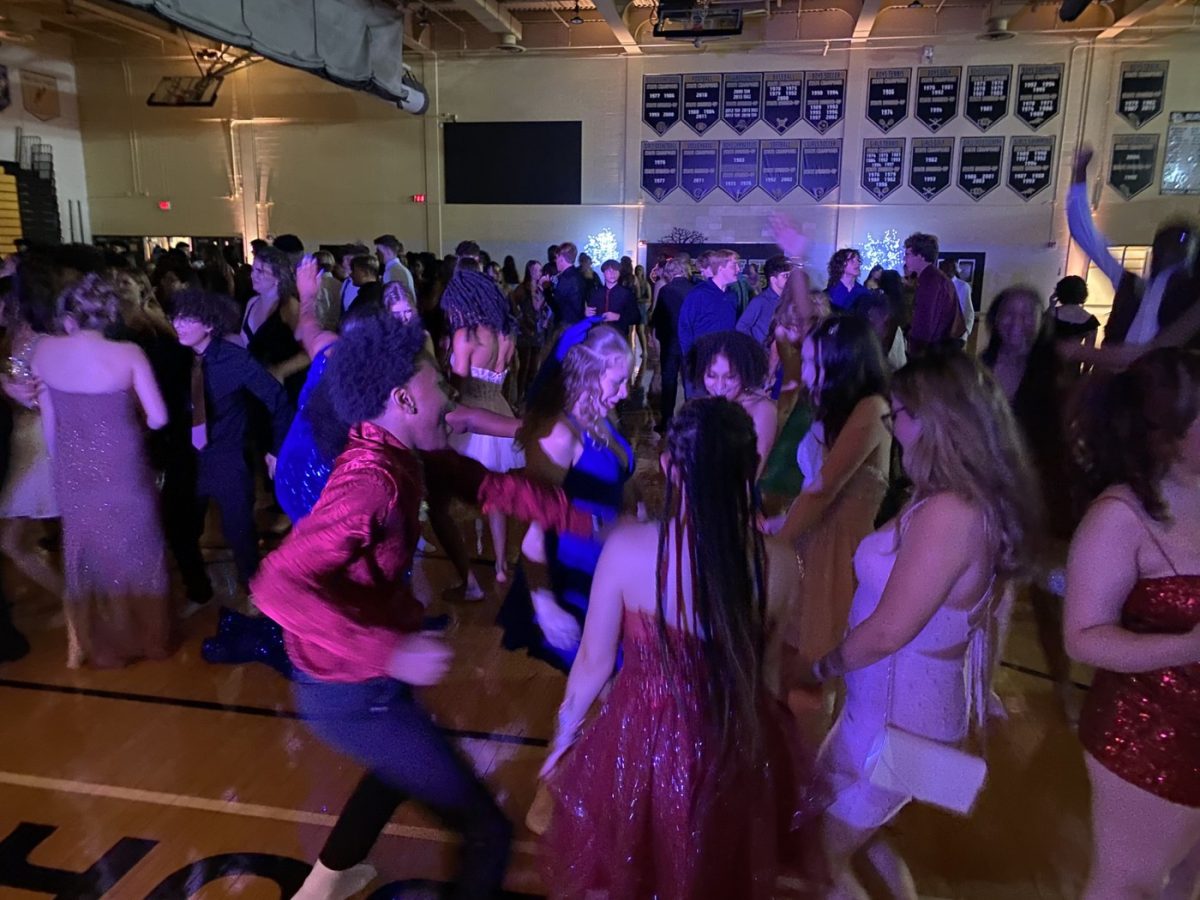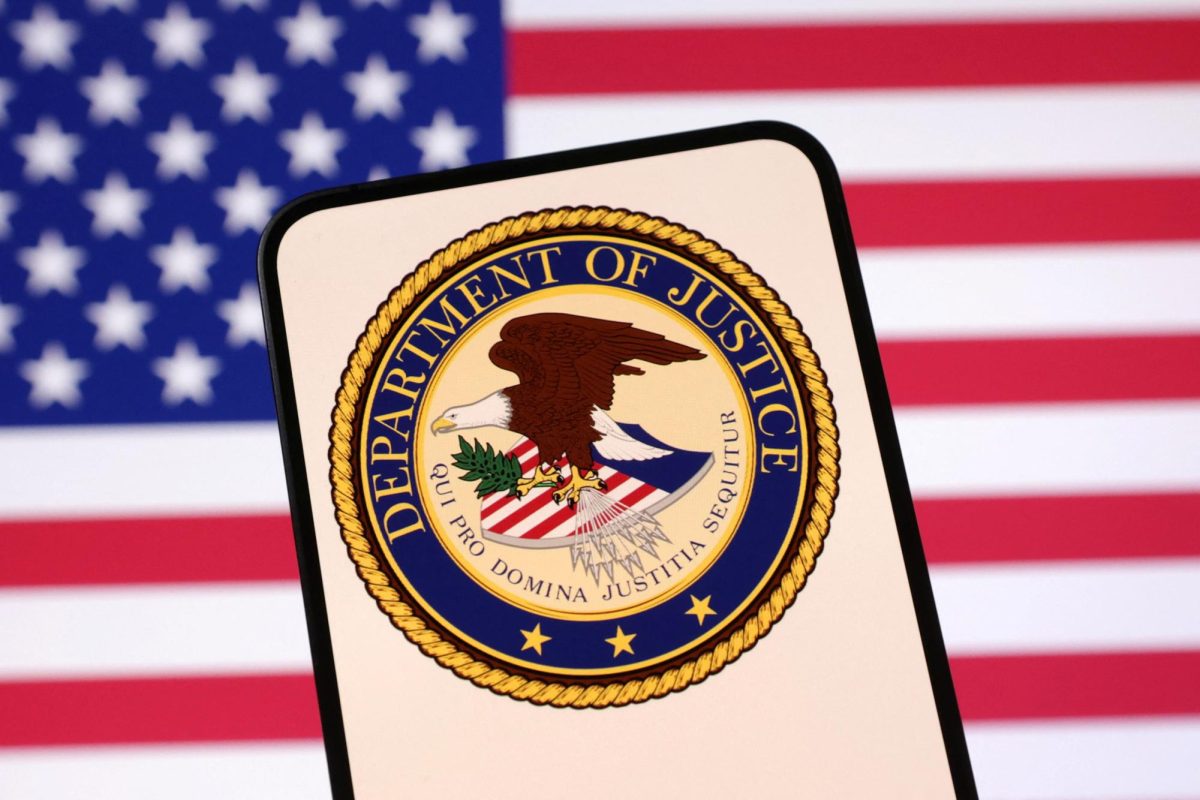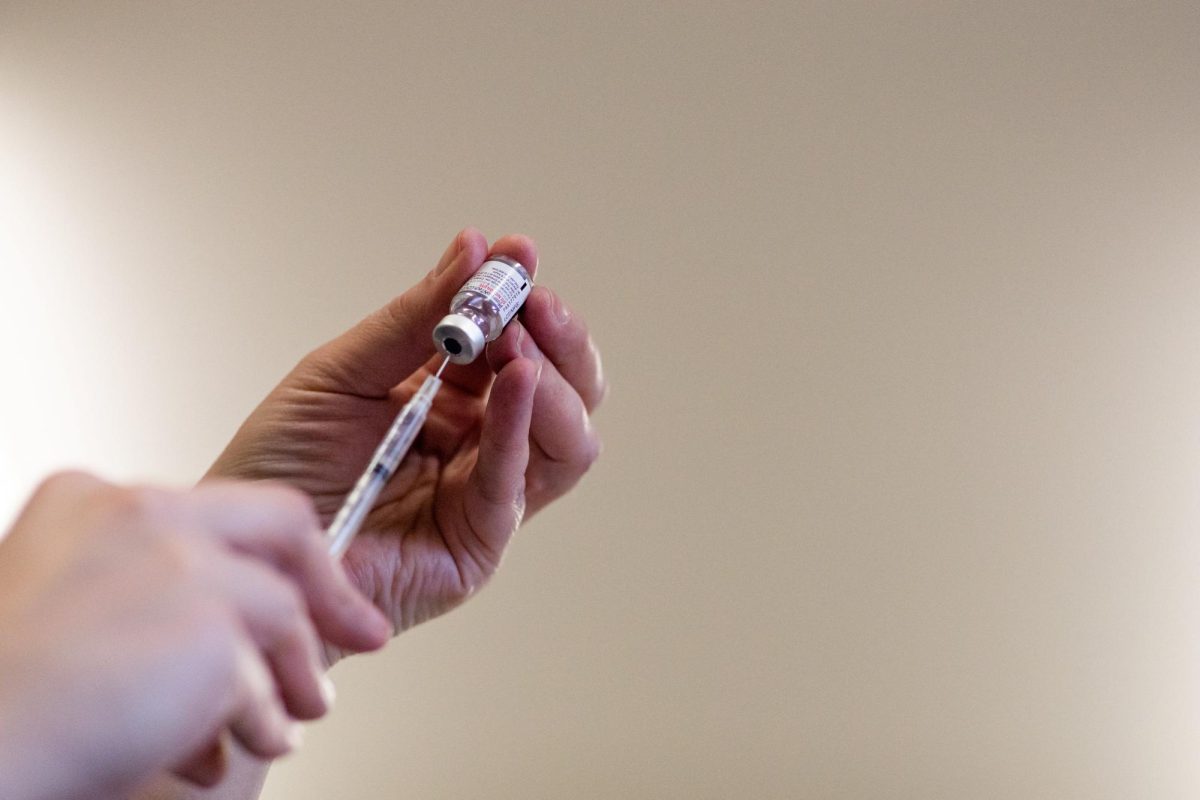The Nebraska Legislature is addressing one of the most significant controversies in education today: student cell phone use in schools. Legislative Bill 140 (LB140), introduced in January 2025, would require every public school district to create a clear policy dictating how electronic devices-cell phones included can be used at school.
The law does not ban phones completely but instead gives local school boards the authority to pass comprehensive regulations, in discussion with students, parents, and educators.
Regulations can prohibit general phone usage throughout the school day but carve out exceptions for such things as emergencies, health monitoring, special education needs, or when a teacher permits their use for instructional purposes.
Significantly, LB140 is a balanced piece of legislation: the bill permits schools to preserve discipline and limit phone use, but the legislation protects the rights of students in emergencies.
The bill also makes it clear that schools cannot monitor or look at personal information on devices that are not owned by the district.
Due to the bill passing on final reading going through a vote of 48-1, the bill was enacted immediately, which made it necessary for each school district to establish these policies before the 2025-2026 school year.LB140 reflects a wider national debate: how do schools balance technology that is both a distraction and a vital tool? For Nebraska students, the bill could mean stricter rules on cellphone use in class, but also more uniform rules-and more fair exceptions-about when devices are allowed.
Burke High School students and teachers are learning to cope with Nebraska’s new no-phone policy, a state law requiring the devices to be absent during instructional time. While some think there are benefits, others are skeptical about its success.
Freshman Dean Kyle Brant was a strong supporter of the policy, noting that Burke has already had the same rules for the past two years. “I love the no-phone policy during instructional time,” Brant said. “Now that it’s state law, there’s more backing to it, and families are okay with it for the most part.”
Brant believes the law can even help increase social interaction. “Kids will know someone’s handle but not their real name,” he said. “I hope kids will talk more and learn to know each other in person.” He said removing phones can also reduce “stirring the pot” through gossip and make schools safer.
Derek Adams, a teacher at Burke, concurred with the policy but questioned consistency. “I am completely fine with it,” Adams said. “But it doesn’t seem clear who is breaking the law if they’re on their phone. If it’s consistent, it’ll likely assist with focus.”
Not all voices were so optimistic. Junior Johnny Redding was not impressed with the change. “I don’t think it’s going to make a difference,” Redding said. “The people who were doing it in the first place are going to keep doing it anyways.”
While there are differing opinions, a majority believe that the adjustment will be gradual. Some see it as a chance for students to interact more with one another and be more present, but others believe it will only result in sneakier actions.
Regardless of whether it transforms classrooms, Burke is now very much a part of Nebraska’s new state-wide experiment in phone-free education.
Due to the bill passing on final reading going through a vote of 48-1, the bill was enacted immediately, which made it necessary for each school district to establish these policies before the 2025-2026 school year.








